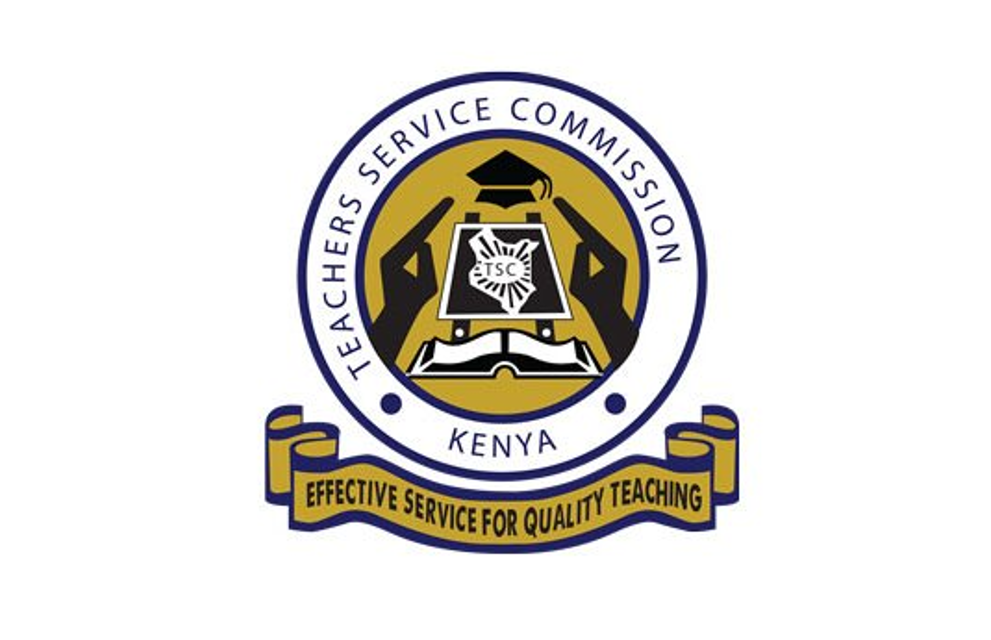The International Monetary Fund (IMF) has disclosed that Sub-Saharan Africa’s economies will begin to recover from the effects of the coronavirus shock from the previous year and grow again this year. However, it is expected that a 3.4 percent growth rate for the region will fall behind that of the rest of the world.
The IMF released this in its six-monthly economic outlook for the Sub-Saharan region, published on Thursday, April 15 2021, and the agency associates the expectation of a slow recovery with a lack of resources to stimulate economies within the continent, and the slow delivery of Vaccines. The IMF said in a statement that:
“Many advanced economies have secured enough vaccine doses to cover their own populations many times over and are looking to the second half of the year with a renewed sense of hope
“In Africa, however, with limited purchasing power and few options, many countries will be struggling to simply vaccinate their essential frontline workers this year, and few will achieve widespread availability before 2023.”
Not minding the condition, the March towards the recovery will be led by increased exports, higher commodity prices and a recovery in private consumption and investment, which in effect when put together help reverse the average contraction of 1.9 percent for 2020 in the region’s economies. It is in this vein that the executive summary of the IMF outlook says that ‘Despite scarring from the crisis… Sub-Saharan Africa’s potential is still undeniable, and the need for bold and transformative reforms is more urgent than ever – these include revenue mobilization, digitalization, trade integration, competition, transparency and governance, and climate change mitigation


